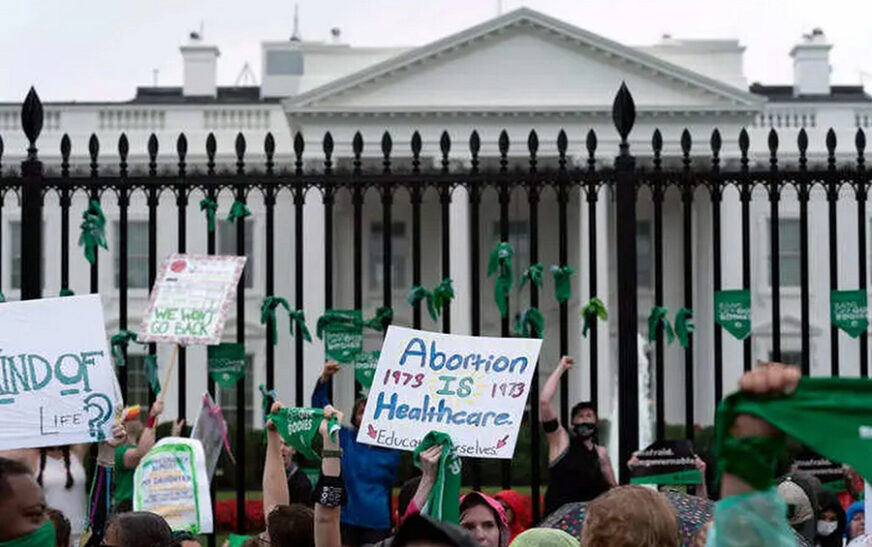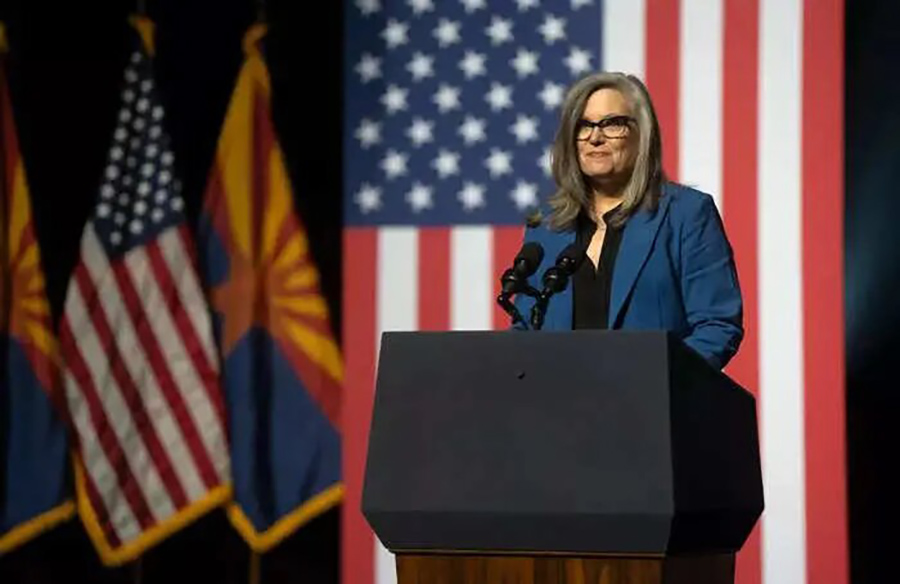Accessing abortion care has become increasingly difficult and costly, with implications for individuals across the United States, according to insights from nonprofit organizations like the Chicago Abortion Fund (CAF) and others.
Escalating Costs and Financial Assistance
CAF, a nonprofit dedicated to providing financial and logistical support for abortion seekers, has observed a significant rise in the average costs associated with accessing abortions since the Supreme Court overturned Roe v. Wade in June 2022. According to Megan Jeyifo, CAF’s executive director, the organization’s average aid costs have nearly tripled during this period, with individuals now facing expenses exceeding $450 per person for abortion procedures. These costs often extend beyond medical expenses to include travel, lodging, childcare, and other logistical needs.
Growing Demand for Support
The demand for assistance from organizations like CAF has surged in the wake of increased abortion restrictions across the country. As states enact laws limiting access to abortion services, individuals are turning to nonprofit funds for information and financial aid. This trend underscores the critical role that abortion funds play in ensuring access to reproductive healthcare for marginalized communities.
Impact of Legal and Logistical Barriers
Legal restrictions, gestation windows, travel requirements, and insurance coverage variations further compound the challenges faced by abortion seekers. Mandatory waiting periods, limited clinic availability, and escalating travel costs present significant obstacles to accessing timely and affordable care. Moreover, the closure of affordable clinics and the lack of insurance coverage for abortion procedures exacerbate financial burdens for individuals seeking reproductive healthcare.
Role of Abortion Funds in Bridging Gaps
Organizations like CAF serve as lifelines for individuals navigating the complex landscape of abortion access. By providing financial assistance, logistical support, and reproductive healthcare education, these funds play a crucial role in ensuring that individuals can access the care they need. However, increasing costs and legal restrictions pose significant challenges to the sustainability of these organizations.
Urgent Need for Policy Solutions
Addressing the systemic barriers to abortion access requires comprehensive policy interventions and federal funding support. As states grapple with restrictive abortion laws, there is a growing need for tangible policy solutions to safeguard reproductive rights and ensure equitable access to healthcare services. The upcoming 2024 election presents an opportunity to prioritize reproductive healthcare access and advocate for meaningful policy reforms.
Conclusion: Ensuring Sustainable Access to Reproductive Healthcare
As abortion funds continue to grapple with rising costs and increasing demand, it is evident that a long-term solution is needed to address the systemic challenges facing reproductive healthcare access. By advocating for policy reforms, supporting nonprofit organizations, and prioritizing reproductive rights in public discourse, stakeholders can work towards ensuring sustainable access to abortion care for all individuals.










